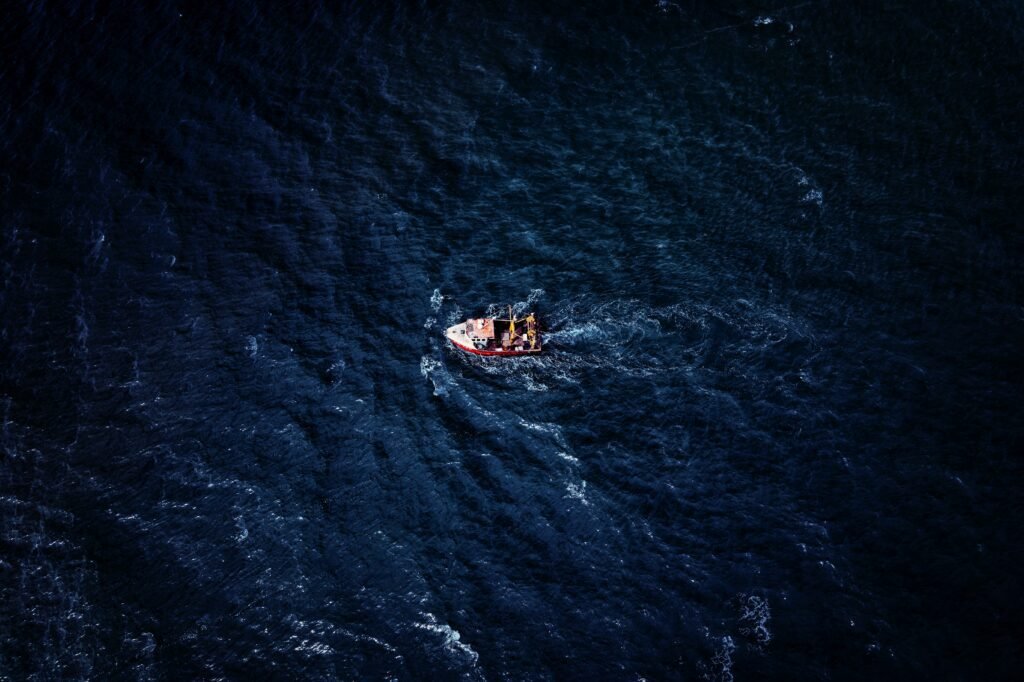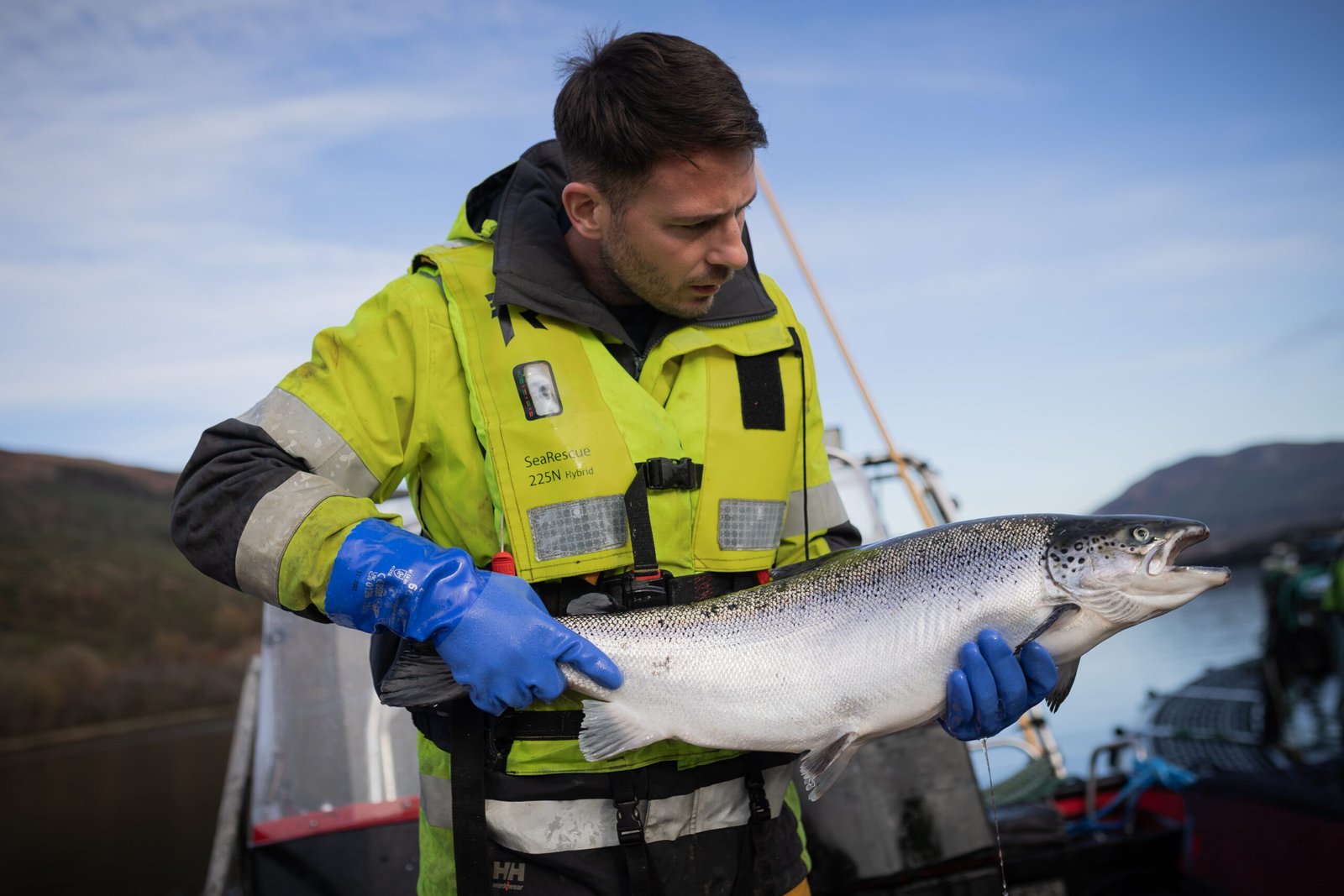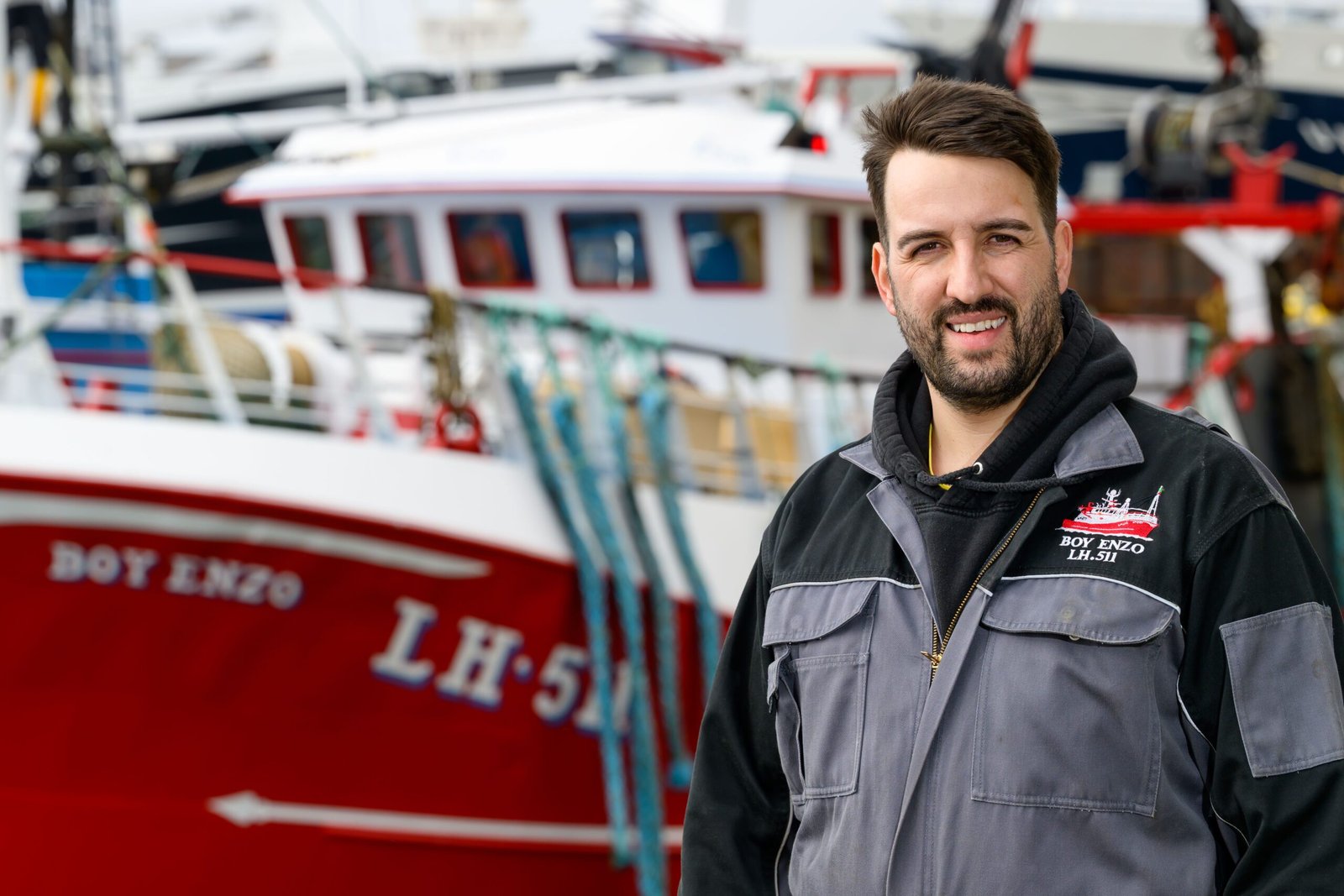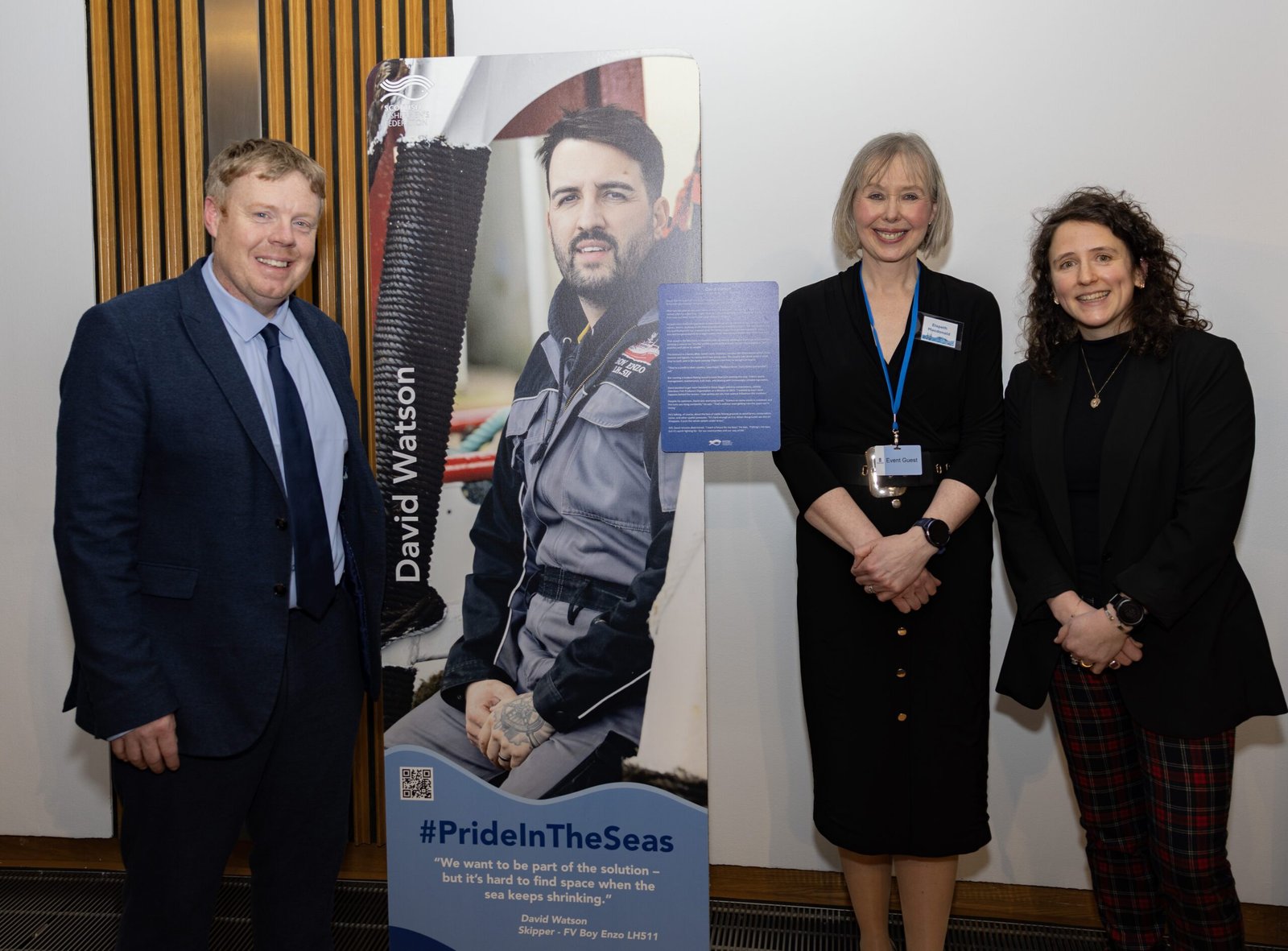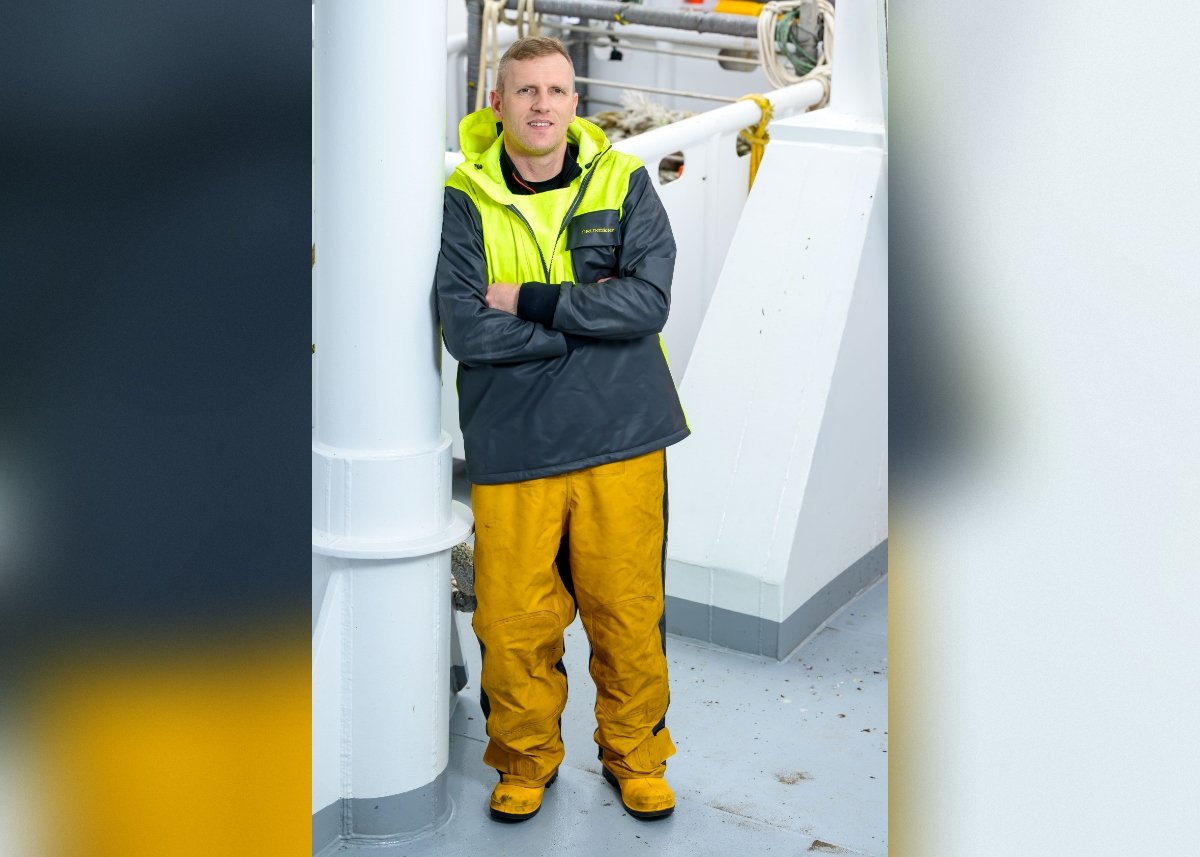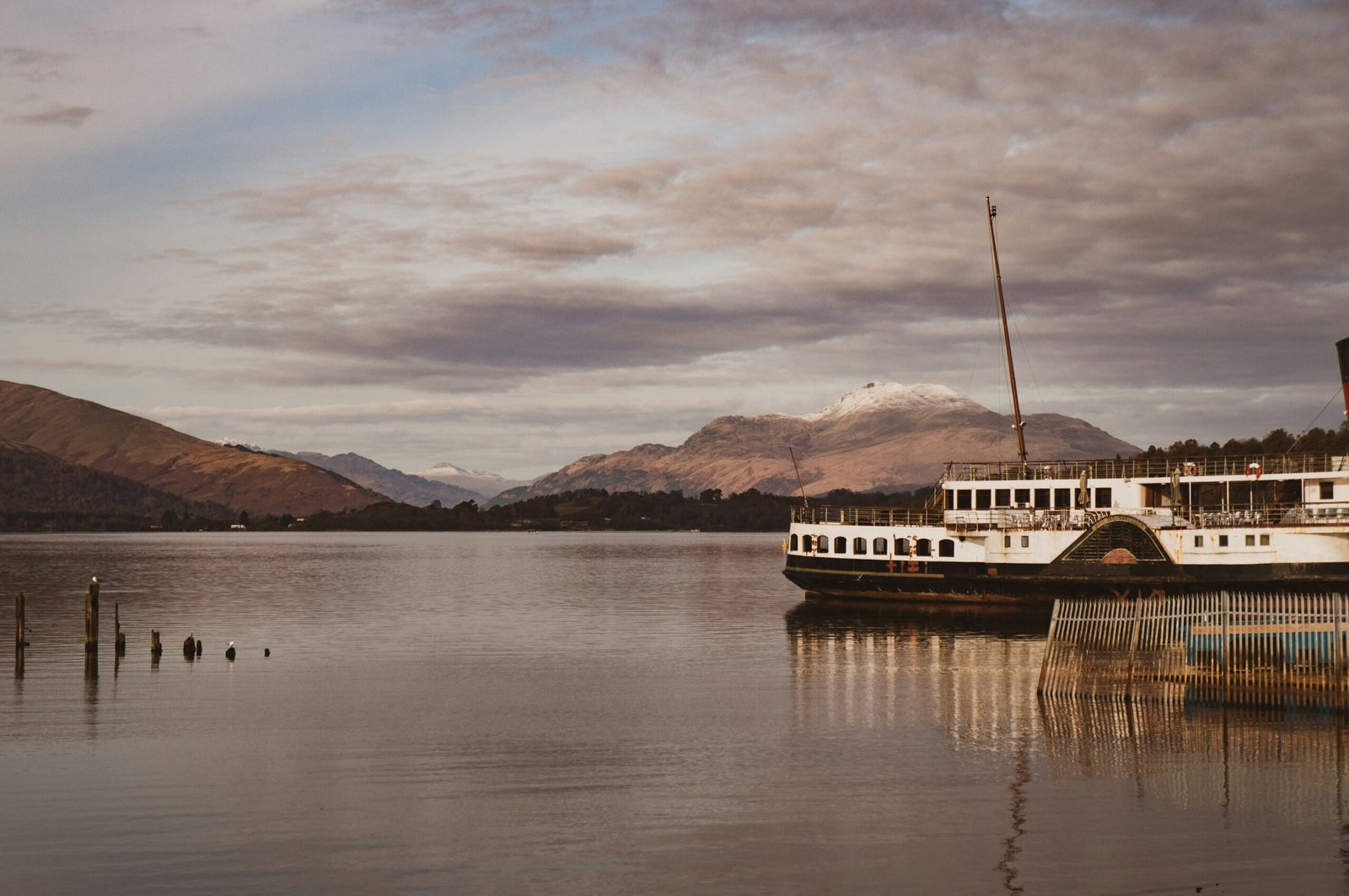The leader of Scotland’s largest fisheries organisation last night urged environmental lobbyists to stop demonising the industry.
Chief executive of the Scottish Fishermen’s Federation Elspeth Macdonald said eNGOS were increasingly resorting to ideological purity and gross oversimplification of complex issues, misrepresenting fishermen to the wider public.
She told guests at the Federation’s annual dinner at The Scotsman Hotel in Edinburgh: “Complexity is the enemy of the punchy slogan and the online campaign.
“Distilling complexity down into only black and white, bad and good, doesn’t leave time, space or bandwidth for getting under the bonnet of these difficult issues.
“Food production, nature protection and restoration, climate change adaptation, scientific uncertainty, people, jobs and socio-economics – all are part of the rich tapestry of fisheries and where many factors have to be balanced and trade-offs made.
“But some environmental NGOs seem to have little interest in anything other than continual catastrophising – because that’s what keeps the grant funding flowing in. It appears they feel they have little to gain by being collaborative and working with others to find compromise and solutions.”
With Cabinet Secretary for Rural Affairs, Land Reform and Islands Mairi Gougeon in attendance for the last time before she stands down at May’s parliamentary election, Ms Macdonald spoke about the Scottish Government’s introduction of fisheries management measures in offshore Marine Protected Areas (MPAs).
“These measures were many years in the making, and are the culmination of a long process where the Scottish Government, the fishing industry, conservation bodies and NGOs worked collaboratively and constructively to find compromise and pragmatic solutions that will allow the conservation objectives of the sites to be met, whilst still permitting fishing activity over parts of the sites.
“This decision holds true to the government’s original premise on MPAs of more than a decade ago, and we commend them for holding true to this commitment.
“This was a fair decision, one that we were able to broadly support and one that showed the real benefit of working together in a trusted process, and co-designing solutions that work for nature and for business.
“We very much hope that the same pragmatic and balanced approach will prevail with the inshore MPAs and Priority Marine Features, which will be the subject of consultation before the end of this year, but when decisions are unlikely to be taken before the elections in May.
“Sadly it is unlikely that some of the environmental NGOs in this arena now would be so pragmatic. It seems increasingly to be the case that ideological purity has overtaken compromise and trade-offs, and gross oversimplification of complex issues must prevail.”
She pointed out that Fishing has been integral to Scotland’s society, culture, economy and indeed palate for hundreds of years.
“But as we enter the second quarter of the 21st century, our fishermen – and Scotland’s ability to produce renewable, healthy food from our seas – are under threat as never before.
You Might Also Like:
“Scotland’s fishing sector has evolved over many generations to fish efficiently and effectively, making seafood affordable and accessible. It has long been a goal of successive governments to encourage and enable people in Scotland to eat more fish, for their own and for wider population health, to help reduce the burden of dietary related illness.
“Let’s debate the good, the bad and indeed the ugly, but let’s not demonise any one form of food production, when we have a growing global population with a growing demand for protein and an ever-increasing burden of ill-health related to poor diet.”

